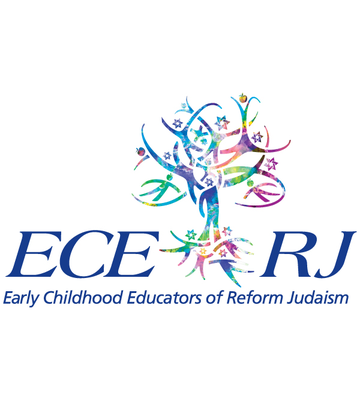Looking for a new Director of Early Childhood Education? Hiring can be a difficult undertaking. Did you know that Unconscious Bias is a part of the hiring process whether we like it or not. It is hard for people to put aside these influences. The judgements we make on any number of things about the candidates can be the deciding factor on whether a candidate is considered for the position or not. How can the search committee leave these biases out of the hiring process? Each committee member needs to understand what their unconscious biases are.
Here are some things that can affect perception of a candidate:
- Affinity bias- gravitate to those who are most like ourselves.
- First Impression Bias- when the candidate walks in the door- look great, sound great, must be great
- Confirmation Bias- influences us to unconsciously seek information only the information that supports our early stage findings or assumptions-encourages us to under weigh, undervalue or ignore information that might conflict our early stage findings- stop listening deeply, stop probing for solid evidence or understanding, even skip questions
- Resume- Any part of your resume can be a deciding factor (college, addresses- mailing address (undesirable location or distance), email address (crazymom@gmail.com)
- Social Media postings-Facebook, Twitter, Instagram, LinkedIn etc.
- Appearance: Height, weight, ‘attractiveness’, clothing
Tips and Techniques to minimize unconscious bias
- Watch Unconscious Bias: Stereotypical Hiring Practices with Gail Tolstoi-Miller Tedx Talks will help the search committee begin thinking about their own unconscious bias and open the conversation about how the committee can work to avoid the biases affecting the candidate selection process.
- Be honest with ourselves to identify our own biases, preferences, and stereotypes
- Visit https://wrj.org/implicit-bias to learn more about implicit bias and take the test to see what your implicit biases are.
Need help with a search for a new Director of Early Childhood Education? Feel free to reach out.
Tricia Ginis
Executive Director
tginis@urj.org




